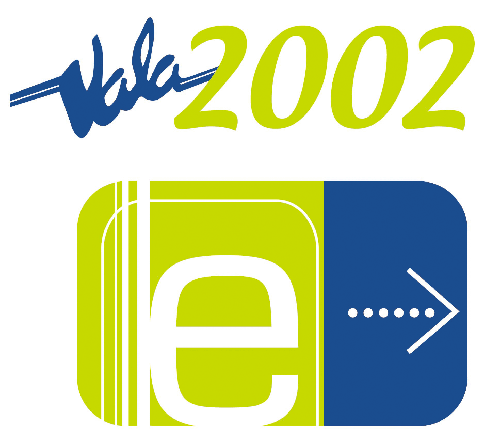
Next Generation Digital Libraries
VALA 2002 PLENARY 1: Daniel Greenstein
Wednesday 6 February 2002, 09:00 – 10:15
Persistent URL: http://www.vala.org.au/vala2002-proceedings/vala2002-plenary-1-greenstein
Daniel Greenstein
Digital Library Federation, Washington, D.C., USA
http://www.clir.org
Please tag your comments, tweets, and blob posts about this session: #VALA2002
Abstract
The article traces the development of digital libraries and asks what is next for a suite of activities (or is it in an organizational form?) that is fundamentally important to the future of research, learning, and cultural engagement. It focuses largely on the experience of leading US research libraries as a spring-board to two discussions: about key challenges that digital libraries more generally may confront in the next few years, and about how national cultural, legal, and funding regimes may influence the digital library’s history and its future course.

This work is licensed under a Creative Commons Attribution-NonCommercial License.

 VALA2002, the 11th VALA Biennial Conference and Exhibition was held at the Melbourne Convention and Exhibition Centre, Melbourne, Australia from 6 – 8 February 2002. The theme of the conference was e-volving information futures.
VALA2002, the 11th VALA Biennial Conference and Exhibition was held at the Melbourne Convention and Exhibition Centre, Melbourne, Australia from 6 – 8 February 2002. The theme of the conference was e-volving information futures.